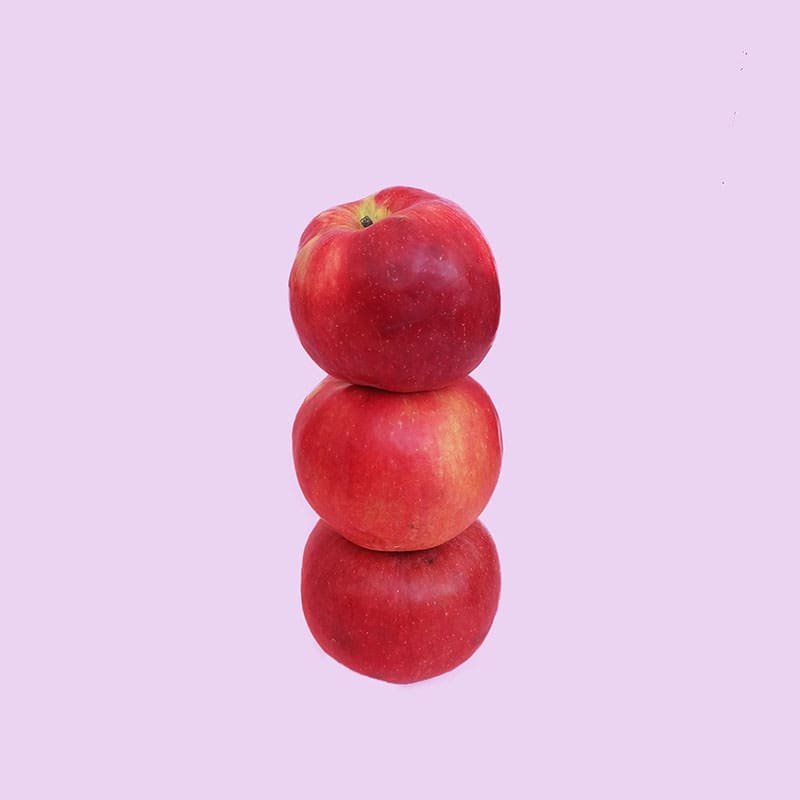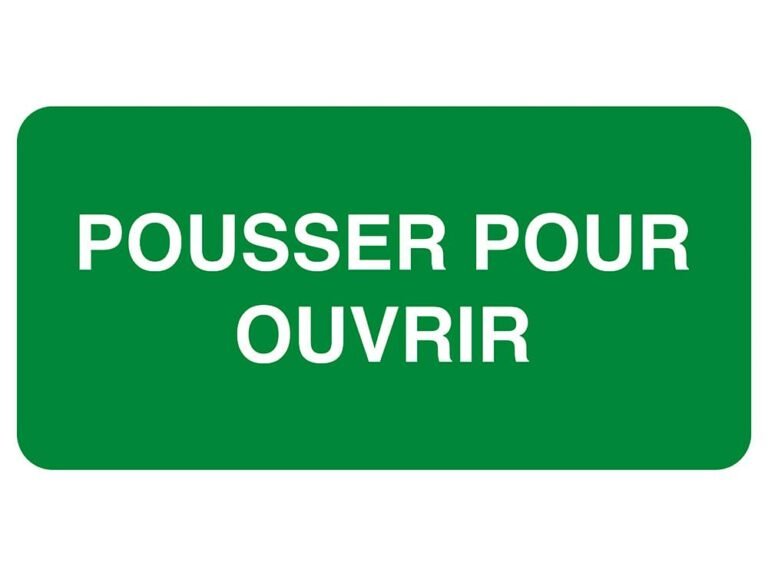Haut comme trois pommes
“Haut comme trois pommes” is a French expression meaning “Knee high to a grasshopper,” ie very small, tiny or very young. Literally it means “as tall as three apples.” Its origin is unknown but its meaning is quite clear.

“Haut comme trois pommes” is a French expression meaning “Knee high to a grasshopper,” ie very small, tiny or very young. Literally it means “as tall as three apples.” Its origin is unknown but its meaning is quite clear.

“Avoir les jambes en coton” means literally “to have legs of cotton” or “to have cotton legs.” It means to have no strength left in your legs, to have weak legs or to have unsteady legs. In English, you would probably say that you had “legs like jelly,” “jelly legs,” “rubber legs” or “shaky legs.”…

“Cinquième colonne” is a French idiom that means “fifth column.” It translates as “traitor, enemy spy organisation, spy, or secret service for a foreign country.” The idiom dates back to 1936, during the Spanish Civil War. The Nationalists of General Franco announced that the capital of Spain, Madrid, would be attacked by five columns of…

In modern French, “être dans son assiette” literally means “to be in one’s plate.” However, this expression has nothing to do with food in its original sense. Figurative Meaning The expression is mostly used in the negative:“Ne pas être dans son assiette” means to not feel well—physically, mentally, or emotionally. It’s similar to the English…

The French verb “pousser” means “to push,” “to move,” “to push aside,” “to let out,” or “to grow,” among a variety of different meanings. The green sign in the photo means “Push to open.” To push: “Pousser” mainly means to push or shove. To grow: Expressions and Idiomatic Usage: Etymology: The French verb “pousser” traces…

Une bête de somme means a workhorse or a beast of burden. Back in the 12th century, “une somme” meant the load that a horse or a mule could carry. Then, in the 16th century, the term “bête de somme” arrived. These days, the more common word for burden is “un fardeau,” but the term…

“Tomber des cordes” is a French expression that means “to be raining cats and dogs” or to rain very heavily. Literally, it means “to fall some ropes.” The saying dates back to the end of the 17th century. This idiom has variants such as “pleuvoir des cordes” (to rain ropes) and “tomber des hallebardes” (to…